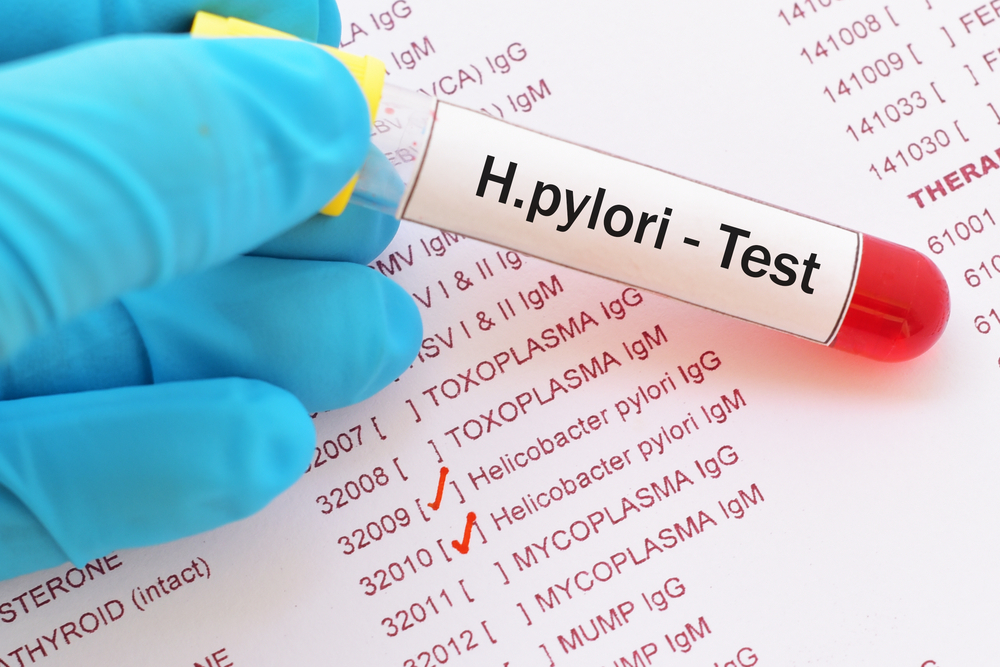Helicobacter pylori is a bacteria that grows and lives in the digestive tract. It infects and attacks the stomach lining, which leads to ulcers in the lining of the stomach or the upper part of the small intestine. In some cases, this infection may lead to stomach cancer.
When Helicobacter Pylori enters your body, the bacteria will bring severe damage resulting in bleeding, infections, and keeping the food from moving through your digestive tract. Moreover, you may obtain this bacteria from water, food, utensils, or places with no good sewage systems. You can also get the bacteria through droplet transmissions with infected people.


